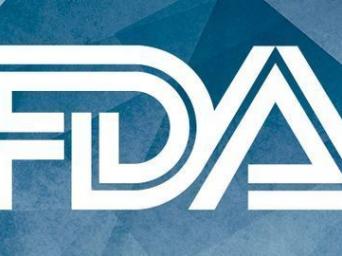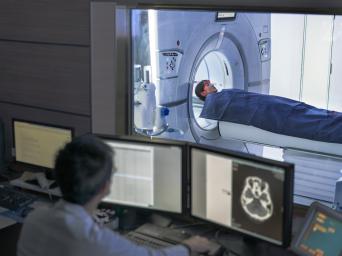Business Wire: Medical Society Urges Use of Ultrasound Contrast Agents and Supports Safety Record
The International Contrast Ultrasound Society (ICUS) urged physicians to use ultrasound contrast agents (UCAs) to enhance conventional ultrasound images where medically appropriate, with customary protocols in place to address rare allergic reactions that may occur in one out of ten thousand doses.
This comes after the Food and Drug Administration announced that UCAs should not be administered to patients who are sensitive to polyethylene glycol (PEG), an inactive ingredient in two UCAs approved for use in the United States and other countries throughout the world. PEG also is a component of numerous consumer and medical products.
“Based on the totality of UCA safety data now available, we conclude that UCAs have proven to be safe and beneficial for most patients and the potential for rare reactions, while serious, may be addressed with standard medical precautions,” according to the ICUS statement.
Dr. Michael Main, Vice President of ICUS and co-executive medical director of Saint Luke's Mid America Heart Institute, explains how the use of UCAs can also help patients avoid unnecessary downstream tests.
Read the full Business Wire article: Medical Society Urges Use of Ultrasound Contrast Agents and Supports Safety Record


